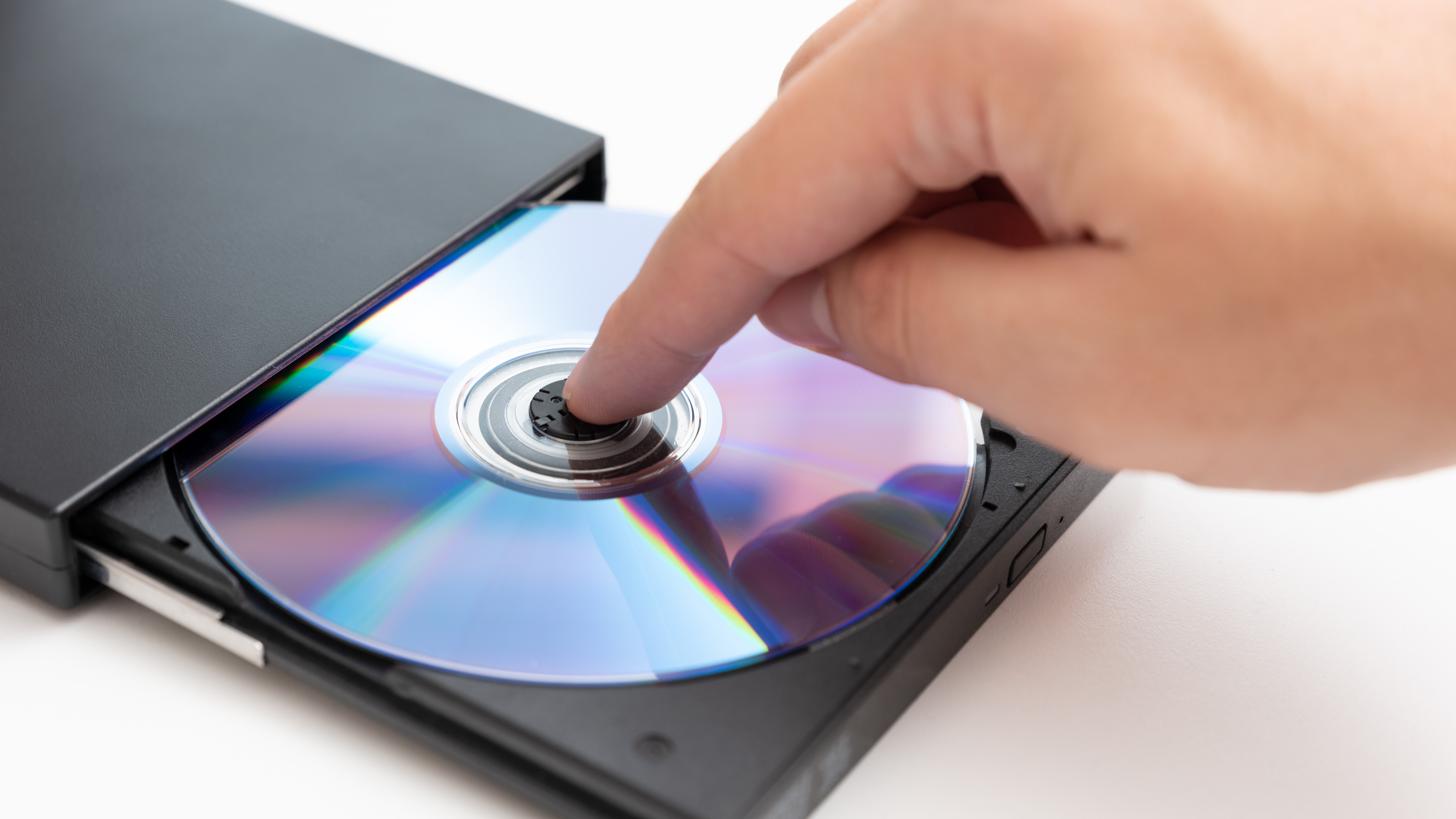Now on DVD: Windows 11 24H2 (yes, really) has been slimmed down and ready for action by Tiny11 developer
NTDEV shrinks Windows 11 24H2, maximizing performance on minimal hardware

We’ve recently seen the release of a major Windows 11 feature update, version 24H2, and now developer NTDEV, responsible for the development of projects like “Tiny11” and “Tiny10” (smaller slimmed down versions of Windows 11 and 10) has released an impressively lightweight, compact version of 24H2. NDTEV has been highlighted by publications for its efforts to make versions of Windows that use minimal resources on your device - both in terms of storage and system memory, which allows the operating system to run on older or underpowered machines.
Following 24H2’s release, Microsoft has announced details about Windows 11 Enterprise LTSC 2024 (also known as Windows 11 LTSC 24H2), a special version of the operating system (OS) designed for long-term use by businesses and organizations that don’t receive updates as frequently as other kinds of users. NDTEV’s newest update has modified this version of Windows to shrink it down to Tiny11 form.
NDTEV provided screenshots of their feat on X, claiming that you could make the Tiny11 version based on Windows 11 LTSC 24H2 fit on a DVD disc (if you remember those!). For context, a DVD can store about 4.7 GB of data, and NTDEV’s Tiny11 version only takes up 3.54 GB — leaving some extra space on the disc.
The team explains that they were able to achieve this using a method called LZX delta compression. Compression is a common computing process that makes files smaller while preserving essential information, and LZX is a method that relies on advanced compression techniques built into Windows 11’s NTFS file system.
Well ,the good news is that you can still make the entire tiny11 fit on a DVD! (with LZX compression, of course).Behold, tiny11 based on Windows 11 LTSC 24H2! pic.twitter.com/tXS3Z8KoSwOctober 12, 2024
Food for thought about hardware requirements
Versions of Windows like Tiny11 have become a favorite among some users because aside from shrinking it down to a size that can fit on a DVD, it also needs very little system memory (RAM) to run, leaving the rest of the device’s memory free for other tasks, which can lead to big performance boosts, even with underpowered devices. Previously, Neowin had reported about NDTEV demonstrating that they can run Tiny11 with just 176MB of RAM, a magnitude less than the amount of RAM required for the officially versions of Windows 11 (which is 4 GB).
In another impressive move, NDTEV made a “text-only” version of Windows 11 that used just 100MB of RAM by stripping away the OS’s graphical interface (the visuals you see that makes it easier to use, such as the Start menu and even the iconic windows that gave the operating system its name).
If you’re a little more confident when it comes to tinkering with your devices, you could try installing Tiny11 on your PC, but even if you’d rather stick with full-fat Windows 11, you can still appreciate NDTEV’s accomplishments. They continue to demonstrate the very real potential to run a modern OS with minimal hardware requirements, and Tiny11’s modest hardware requirements allow older and less powerful machines to run modern operating systems like Windows 10 and 11, which they might otherwise struggle with.
Sign up for breaking news, reviews, opinion, top tech deals, and more.
As hardware performance demands continue to grow, projects like these show both the initiative and creativity of developers like NDTEV, as well as how efficient software design can extend the lifespan of devices. In a world where we are having to begin reckoning with the environmental cost of our consumer demands, it’s a hopeful glimpse of how we can navigate it while continuing to innovate our technologies.
YOU MIGHT ALSO LIKE...
Kristina is a UK-based Computing Writer, and is interested in all things computing, software, tech, mathematics and science. Previously, she has written articles about popular culture, economics, and miscellaneous other topics.
She has a personal interest in the history of mathematics, science, and technology; in particular, she closely follows AI and philosophically-motivated discussions.